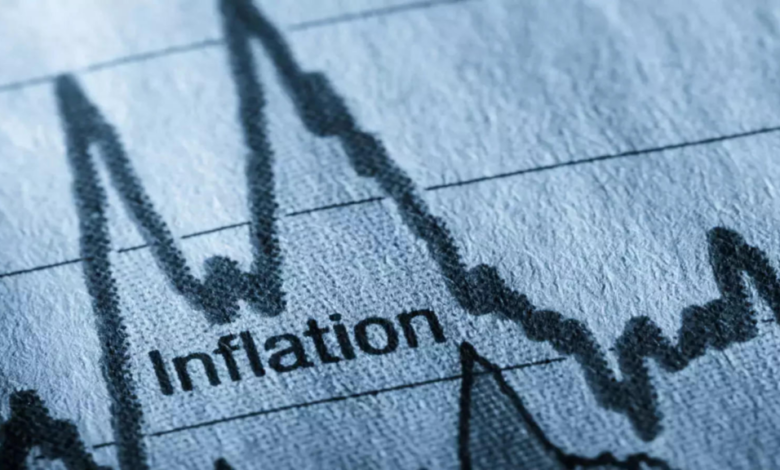Commodities Trading: Its impact on global economies

Commodities trading plays a pivotal role in the global economy, influencing everything from the macroeconomic environment to the everyday prices of goods consumed by individuals. Commodities such as oil, gold, and grains are not only essential for various industries but also serve as important financial assets traded on global markets. This article explores how commodities trading impacts global economies and the significance of modern trading platforms and financial news in shaping market outcomes.
Understanding Commodities Trading
Commodities trading involves buying and selling raw or primary products. In ancient times, this trading was done through barter; today, it is conducted on commodities trading platforms that offer sophisticated tools and analytics to help traders make informed decisions. These platforms facilitate the trading of a wide range of commodities including metals, energy, and agricultural products. By providing a venue for this trading, these platforms help determine the fair market prices of these essential goods, which are crucial for economic stability.
Economic Impact of Commodities
The prices of commodities have a direct impact on global economies because they influence the cost of materials for businesses and products for consumers. For instance, a rise in crude oil prices increases the cost of fuel and transportation, which in turn affects the prices of goods and services globally. Similarly, fluctuations in the prices of metals like copper and aluminum can impact industries such as construction and automotive, which rely heavily on these materials.
The agricultural sector is also significantly affected by commodities trading. Prices for crops like wheat, corn, and soybeans can dictate the economic well-being of farmers around the world. These prices affect not only the agriculture industry but also have ripple effects through the economies of countries that are major producers of these commodities.
The Role of Trading Platforms
A robust commodities trading platform provides vital market data and trading capabilities to a global clientele. Traders rely on these platforms to access real-time pricing, historical data, and analytical tools needed to execute trades effectively and profitably. These platforms also support the economic principle of price discovery, which is crucial in markets where numerous factors, including weather, political instability, and changes in foreign policies, can affect prices.
Commodities Trading and Inflation
Commodities are often seen as a hedge against inflation. When currencies lose value, commodities like gold traditionally hold or increase their value. During periods of high inflation, investors may increase their exposure to commodities to protect their portfolios from losing purchasing power. This strategy underscores the role of commodities in investment diversification and economic stability. By investing in physical assets like precious metals, energy, or agricultural products, investors can counterbalance the effects of currency depreciation. Such assets are less likely to lose value in real terms and can even benefit from rising prices, as demand for these fundamental resources remains constant or increases. Additionally, the strategic allocation of commodities in an investment portfolio can provide not only a safety net against inflation but also potential capital gains from market cycles and supply constraints. This makes commodities an integral part of a well-rounded investment strategy, especially in turbulent economic times.
Global Supply Chains
The trading of commodities is tightly linked to global supply chains. Changes in commodity prices can disrupt these chains and affect the economies dependent on them. For instance, an increase in steel prices can delay construction projects, increasing costs and slowing economic growth. On the other hand, a drop in prices can lead to lower production costs and increased economic activity.
Recent Trends and Events
Recent financial news highlights the volatility and the interconnectedness of global markets. For example, “Banking stocks drag NGX to second consecutive week of losses” indicates how sectors even remotely related to commodities can influence market perceptions and investment behaviors. Such events can cause cascading effects across various markets, including commodities, demonstrating the complex interdependencies within global financial systems. These interconnected effects emphasize the importance of monitoring diverse market signals to anticipate potential shifts across sectors. For instance, a downturn in banking stocks due to economic uncertainty can reduce investor confidence, impacting commodity markets where these financial institutions play a crucial role in financing operations. Moreover, these trends underscore the need for investors to maintain a diversified portfolio to mitigate risks associated with sector-specific downturns and to exploit potential opportunities that arise from such market dynamics.
Environmental and Regulatory Challenges
The commodities market is not without its environmental and regulatory challenges. Mining and agricultural activities can have significant environmental impacts, leading to stricter regulations that can alter market dynamics. Additionally, geopolitical tensions and trade disputes often result in tariffs and sanctions that can disrupt commodity markets and lead to significant price volatility.
Conclusion
Commodities trading is more than just an economic activity; it is a crucial element that influences global economic stability and development. Through commodities trading platforms, traders can engage with the market efficiently, contributing to the critical functions of price discovery and risk management. As global economies continue to navigate through inflation concerns, supply chain disruptions, and regulatory changes, the role of commodities trading remains fundamental. Understanding its mechanisms and impacts can provide key insights into not only financial strategies but also broader economic policies designed to foster global economic resilience and growth.




